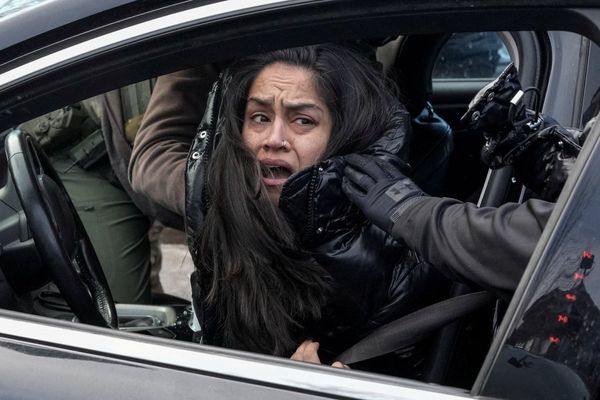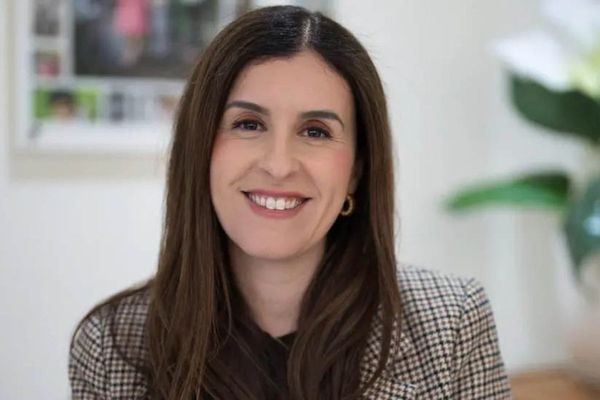
Former president Donald Trump pleaded not guilty on Tuesday to 34 felony counts of falsifying business records related to hush money payments he made through his allies to hide extramarital affairs in the weeks before the 2016 election.
As prosecutors in the New York courtroom reiterated, the issue wasn’t just that Trump directed these payments that put him at fault, but that the timing of them probably changed the course of his campaign and paved the way for Trump to interfere with election results for two cycles. And the criminal charges were only part of the picture when it comes to Trump’s election meddling, and the threats he has posed to US democracy.
“[These are] very serious criminal allegations that matter to our democracy because of the effect that paying this hush money could have had suppressing a scandal, saving the Trump campaign, altering the outcome of the 2016 election and setting up the election interference that we investigated in the first impeachment,” longtime election lawyer Norm Eisen said in a recent interview.
“And that culminated in the attempted coup following the 2020 election and the violence of January 6.”
This week’s indictment could be the first time that Trump – or any president in the country’s history – is held accountable for a criminal act. But this may not be the only time Trump faces courtroom allegations this year.
Though the first indictment of a former president comes in a trial about falsifying business records, there is also the Fulton county litigation over Trump’s efforts to overturn the 2020 election results in Georgia and the multiple cases involving his role in instigating a riot at the US Capitol on 6 January 2021.
“People have to be held accountable for their actions and when a former president of the United States has allegedly committed a criminal act and is found guilty, he has to be held accountable,” said Fred Wertheimer, the president of Democracy 21, a non-partisan organization that works to protect democracy.
And while some have lamented that the first case to reach an indictment is not the most significant one pending against Trump’s election denial tactics, Wertheimer said it was still a strong case.
“Even though this case does not appear as directly related to our democracy as the Mar-a-Lago documents case, the Georgia case about attempting to steal a presidential election, or the largest case about the alleged attempt by former president Trump to overturn the presidential election and the role he allegedly played in inciting the January 6 insurrection, if you look at the fundamentals of our democracy, this case is similar in importance to those other cases,” he said.
A guilty verdict against Trump could also show that nobody in the US, including a former president, is above the law, a fundamental component of a functioning democracy. In many other countries – including many ranked among the most democratic – ex-heads of government or state have been prosecuted, but never before has it happened in the US.
In the past 15 years alone, Nicolas Sarkozy and Jacques Chirac of France, Park Geun-hye and Lee Myung-bak of South Korea, and Silvio Berlusconi of Italy have all been prosecuted for corruption and found guilty, according to the New York Times.
A majority of Americans – 60% – approve of the indictment against Donald Trump according to a recent CNN poll, although respondents were split on whether they believe it benefits democracy. A majority also believe that politics played a role in the indictment, a fact that could threaten democracy by making people believe that the legal system can be influenced by partisan actions.
“At the heart of our democracy is the fact that nobody is above the law,” Wertheimer said. “Everyone in our society has to comply with the rules. That’s just the fundamental principle of the rule of law.”







